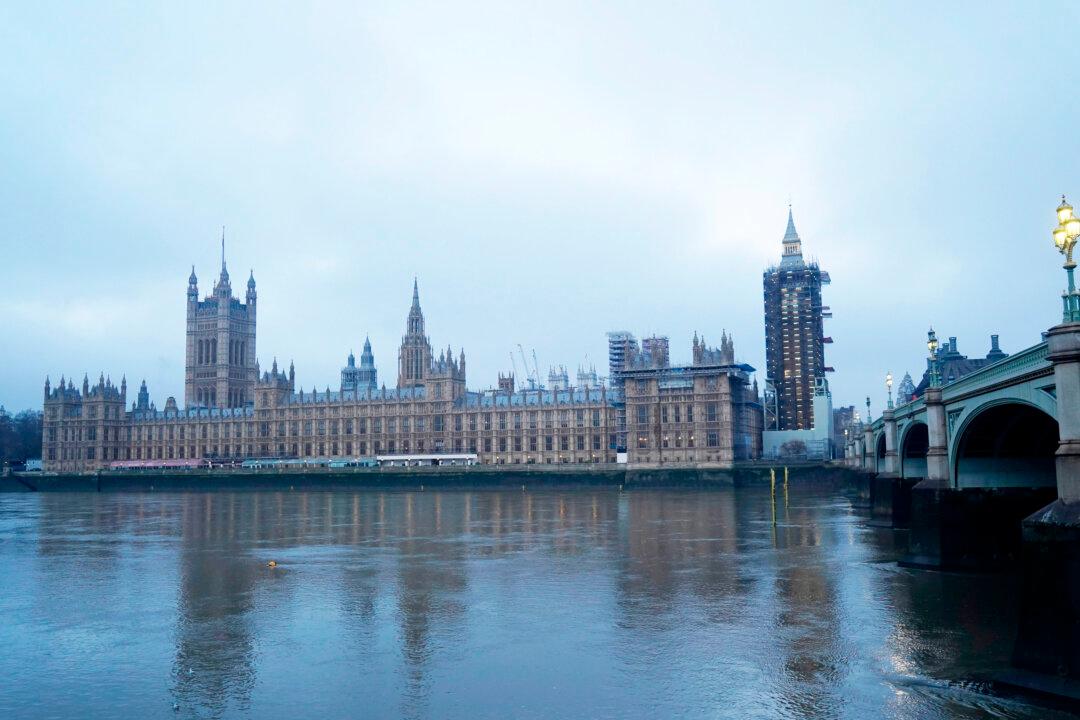The UK Parliament on April 22 unanimously passed a non-binding motion declaring that Uyghur Muslims and other ethnic and religious minorities in China’s Xinjiang region are suffering crimes against humanity and genocide, and called on the UK government to use international law to bring it to an end.
Members of Parliament cited evidence, including testimony, about detention camps, mass surveillance, rape, forced sterilization, and organ harvesting, and said “it is time” for the UK to act.
The motion calls upon the UK government to “act to fulfill their obligations under the Convention on the Prevention and Punishment of Genocide and all relevant instruments of international law, to bring it to an end.”
Garnett Genuis, a Canadian member of the Inter-Parliamentary Alliance on China (IPAC), called the motion a milestone.
“Today’s vote is another milestone in the long road for justice for the Uyghur people. One by one, democratic parliaments around the world are beginning to recognise that the suffering of the Uyghurs is nothing short of genocide,” IPAC quoted Genuis as saying, on Twitter.
Benedict Rogers, the co-founder of the Conservative Party Human Rights Commission, called it a “truly historic day.”
During the debate, MP Sir Charles Walker said that all members of Parliament need to take a stand.
“When a national government sanctions one member of Parliament in this place, that government, that national government is actually sanctioning all members of Parliament in this place, and it is incumbent on all of us, all 650 of us to stand as one at this moment,” Walker told MPs.
Ghani replied by saying she believed that the sanctions imposed by Beijing are “sanctioning this house and asking it to stop raising human rights abuses in Xinjiang,” and “the fact that we’re here today and having this debate shows that the sanctions just haven’t worked.”





